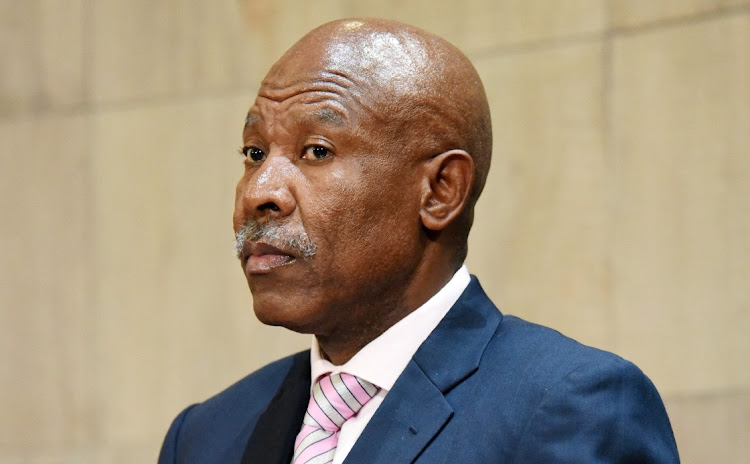Reserve Bank is not to blame for the state of the economy

Above-inflation wage drives are likely to cause a rise in unemployment at worst, and slow job growth at best
The SA Reserve Bank bears a disproportionate share of the blame for SA’s meagre sub-2% potential economic growth rate, the 35.3% crisis-high unemployment rate, and high levels of poverty and inequality.
This blame leads to zealous but incoherent calls for the central bank to be involved in things ranging from funding small, medium-sized and micro-enterprises (SMMEs) to providing low-interest loans for housing and even vaguely framed protection of citizens’ socioeconomic wellbeing.
Rather than being praised for its success in bringing inflation down to within the 3%-6% target band, ostensibly progressive ideas that risk overshadowing its primary objective of maintaining price stability continuously get thrown its way.
The Bank’s monetary policy committee (MPC) decided on Thursday to hike interest rates by 50 basis points, which takes the repo rate — the main policy rate at which commercial banks borrow from the Reserve Bank — to 4.75%. In real terms that is still just more than a percentage point in negative territory, which implies that monetary policy remains accommodative to growth.
Despite this fact many voices are condemning the Bank for hiking interest rates, arguing that the rise in inflation is caused by supply-side factors such as the rise in electricity, food and petrol prices, alongside the disruption of goods markets by Covid-19 lockdown restrictions.
Correctly, the progressives point out that the Reserve Bank has no tools to control supply-side driven inflation. However, they stop there and do not explain how supply-side inflation ends up as demand-pull inflation by influencing inflation expectations and wage settlements, which ultimately increase the cost base of the economy.
A case in point: government employees are asking for a 10% wage increment, much higher than projected inflation for 2022. Similar wage demands have been made by labour unions across the private sector, in instances going up to 15%. For an economy facing lower external demand due to the moderation in global economy growth and high input costs combined with record levels of unemployment, the outcome of above-inflation wage demands is likely to be a rise in unemployment at worst, and slow job growth at best.
With low inflation the rise in the cost of living would be more moderate and wage demands would be more modest, which would mean the cost base of the economy would be conducive to job creation. Thus, the Bank’s action to hike rates to reduce inflation helps create an environment conducive to reducing the unemployment rate and poverty levels.
Perhaps the Reserve Bank is a victim of its own success. It brought inflation expectations down to about 4.5%, the midpoint of the target range, from about 6% where inflation was structurally stuck for years. And its supervision department has been quick to identify and act on liquidity, governance or capital adequacy shortfalls in banks that would potentially destabilise the rest of the banking sector.
African Bank, VBS Mutual Bank and more recently Ubank would have posed systemic risk had action not been taken. Even going back to the global financial crisis, no single bank failed in SA because of strong monitoring and supervision by the Reserve Bank, which keep the financial system safe to serve the country.
Inflation outcomes, which the Bank is directly responsible for, are achieved according to its mandate despite the administered prices that work against it. The rest of the government seems to take far less flak for its failure to ignite economic growth. Load-shedding has been with us since 2008, road infrastructure is worsening — particularly outside urban areas — rail tracks are stolen in broad daylight, water infrastructure is also not in great shape, and safety and security deficiencies were exposed in the 2021 July riots.
These are the things that need fixing, not monetary policy. Yet for its success the Reserve Bank continues to receive an outsize share of the blame for poor economic outcomes, and demands that it perform functions that are the responsibility of other arms of government.
